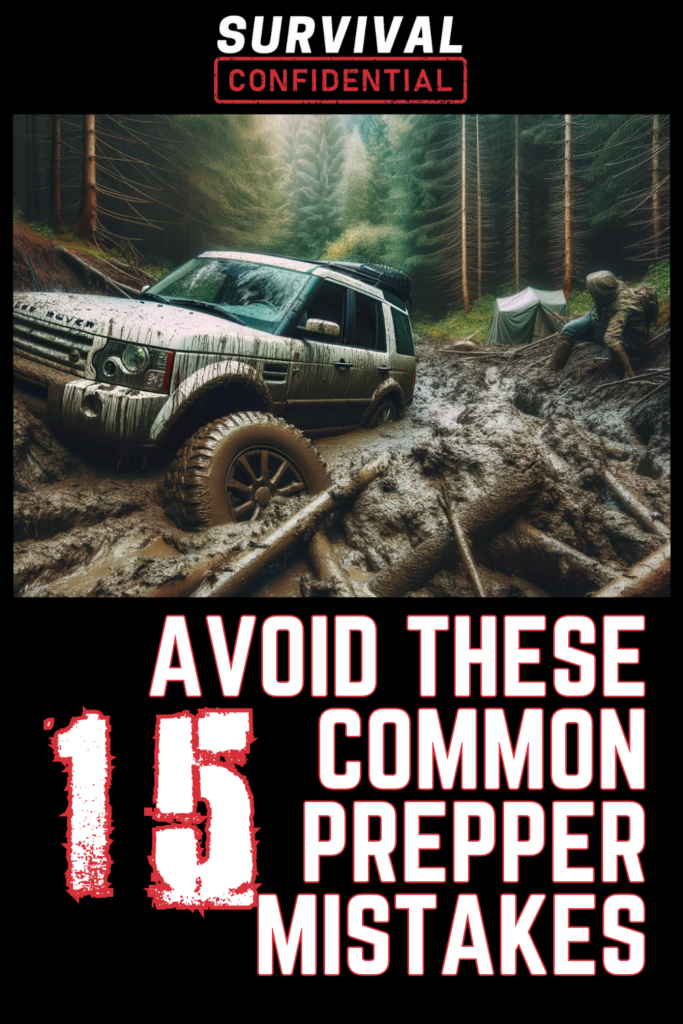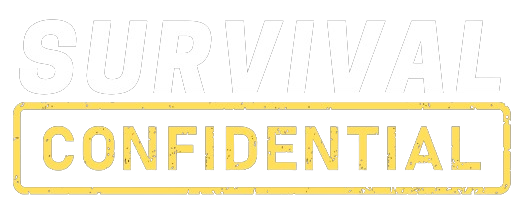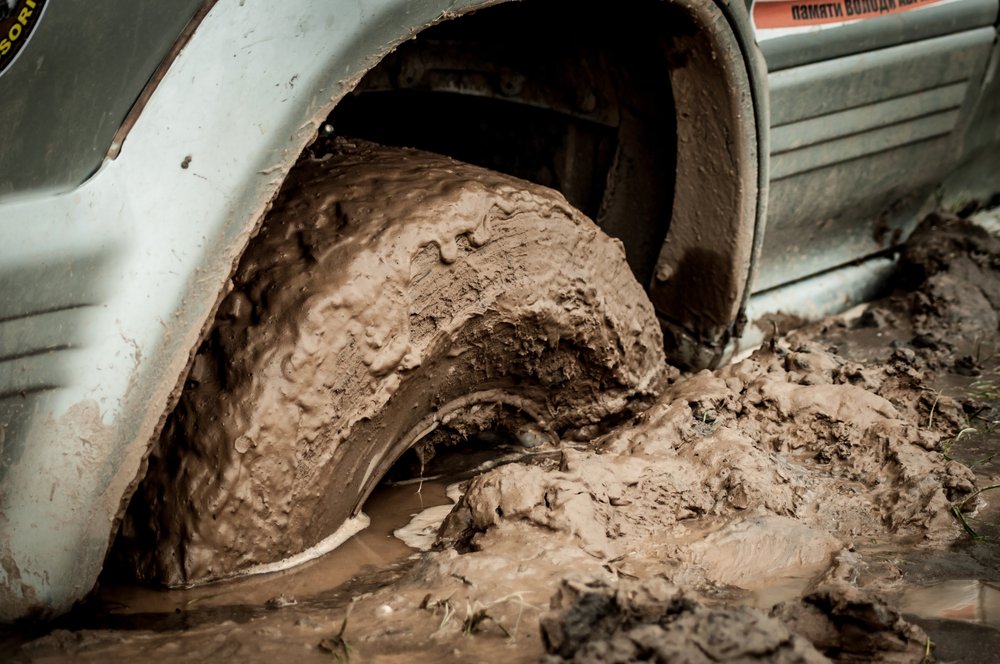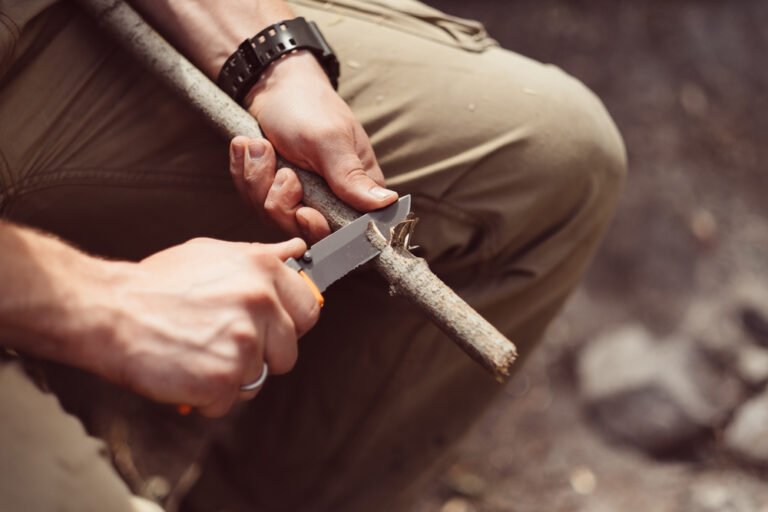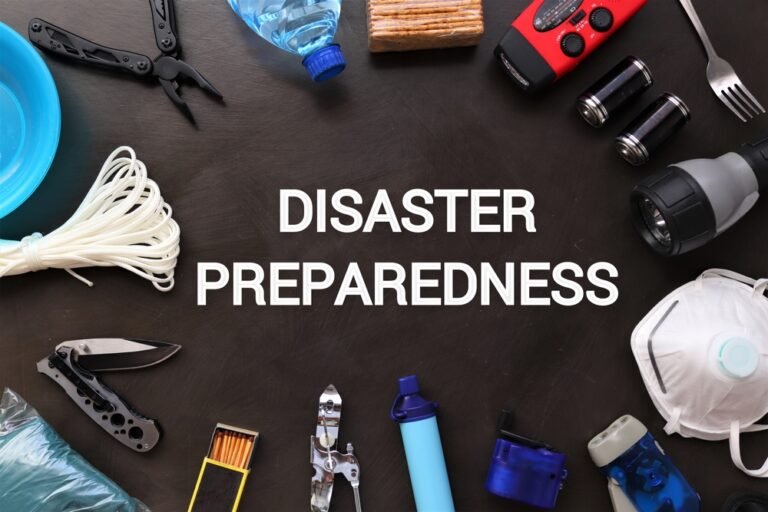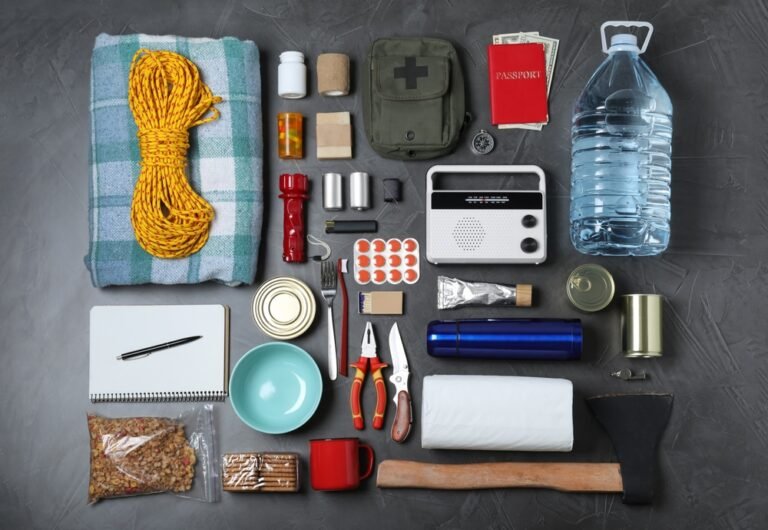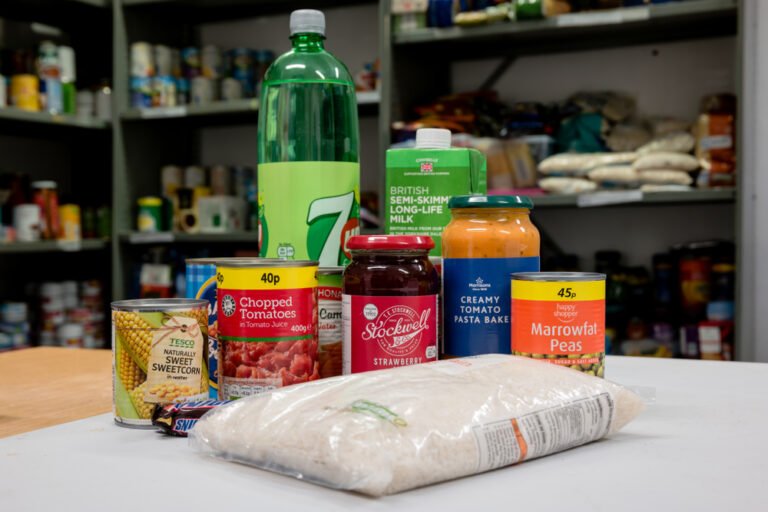Avoid These 15 Common PREPPER MISTAKES: Essential Tips for Smarter Survival Planning
Introduction: The Importance of Smart Prepping
Prepping for emergencies is about being ready for the unexpected. It’s a journey that requires forethought, planning, and a bit of wisdom. Today, I’m going to walk you through the top 15 rookie prepper mistakes and how to avoid them.
Understanding Prepping: More Than Just Stockpiling

What is Prepping Really About? Prepping isn’t just about hoarding supplies. It’s about being prepared for any scenario, understanding your needs, and being able to sustain yourself and your loved ones in times of crisis.
Mistake 1: Not Having a Solid Plan
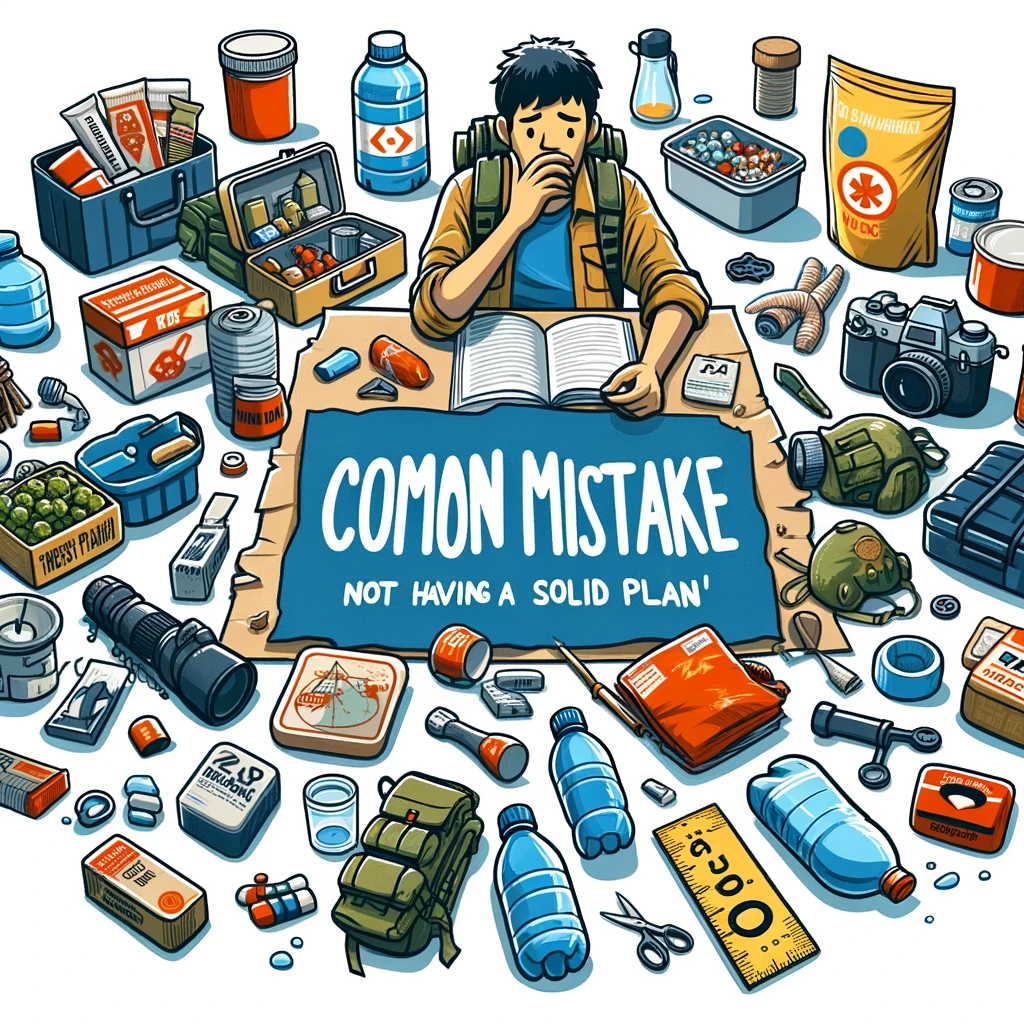
The Pitfall of Poor Planning The first mistake is not having a plan. It’s crucial to have a clear strategy for different types of emergencies. Ask yourself: What are the most likely scenarios I need to prepare for?
Mistake 2: Overlooking Water Storage and Purification
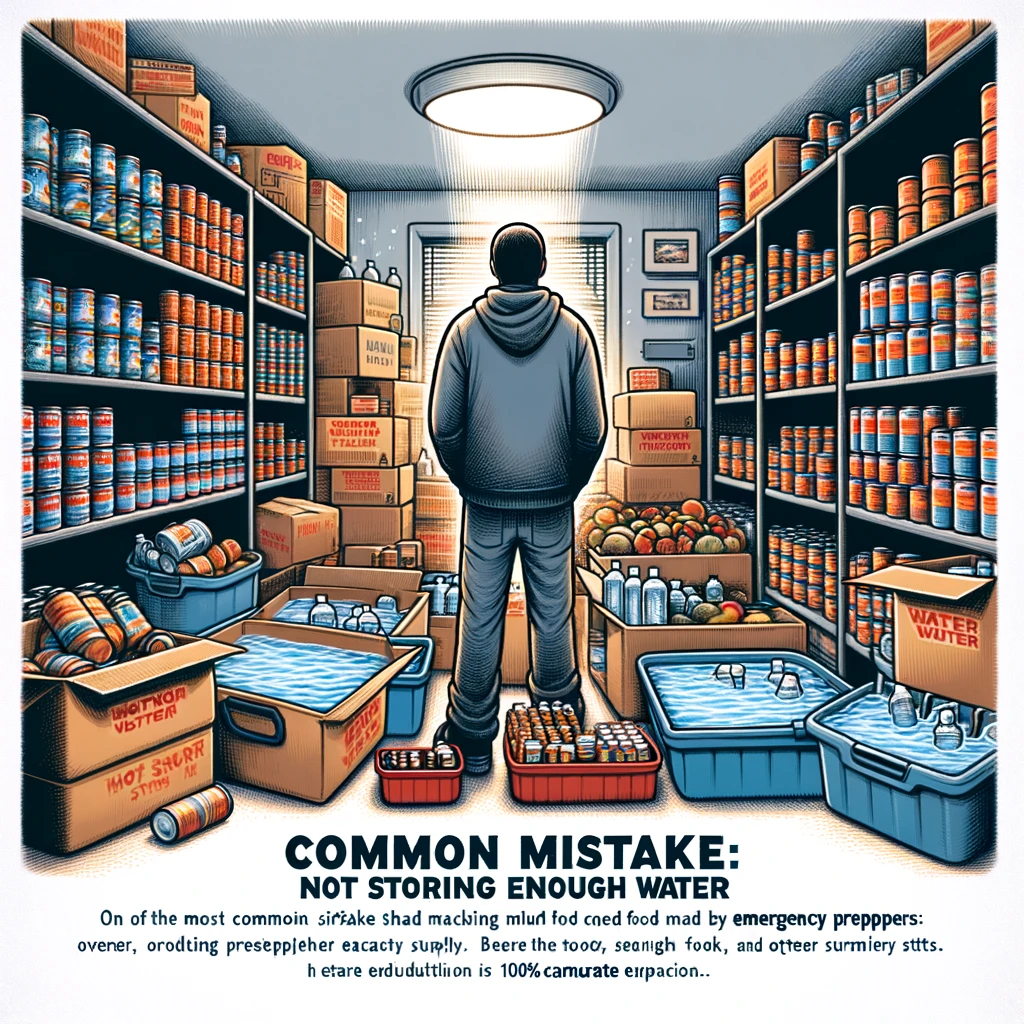
The Water Storage Oversight Many beginners focus on food but forget about water. You need a reliable water storage and purification system. Remember, you can only survive a few days without water.
Mistake 3: Neglecting Nutritional Balance in Food Storage
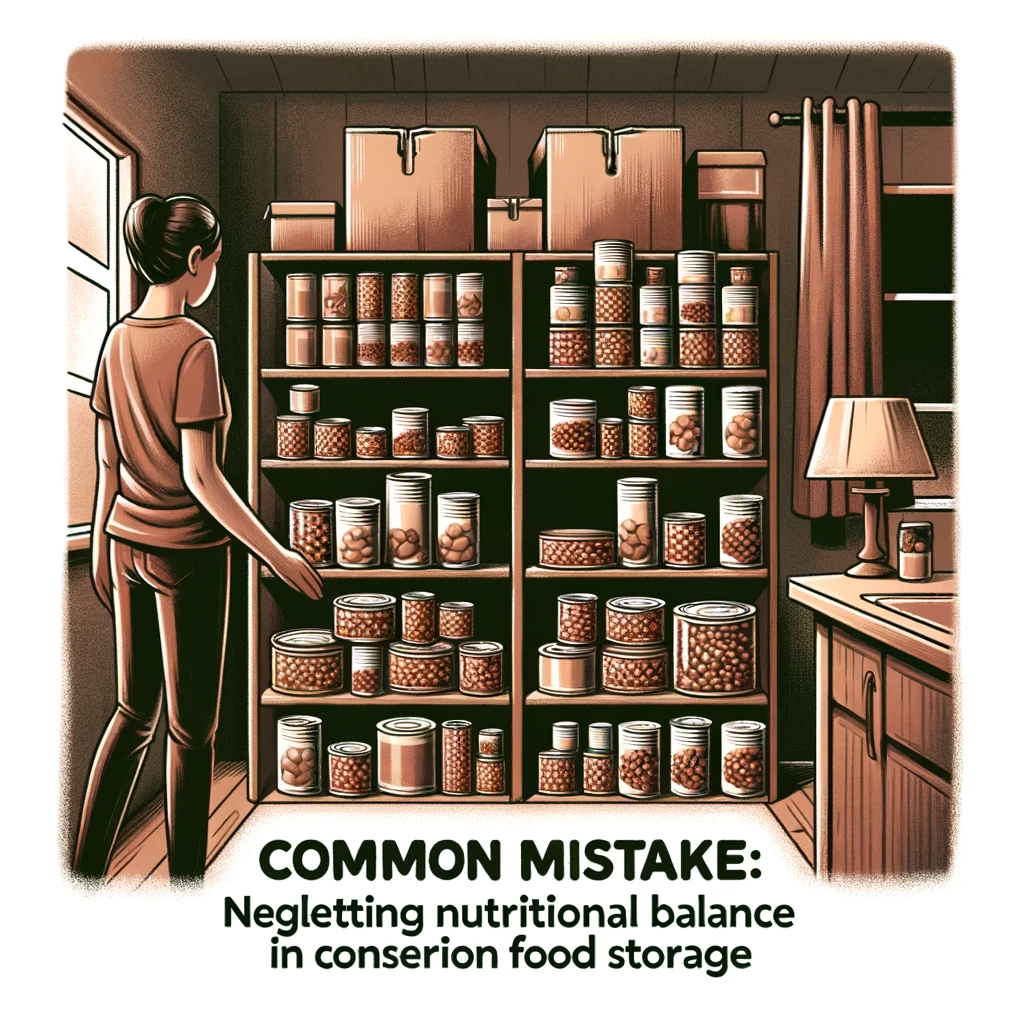
The Nutrition Negligence Storing food is not just about quantity but also quality. Ensure your food storage includes a balance of proteins, carbs, fats, vitamins, and minerals.
Mistake 4: Underestimating Medical Needs
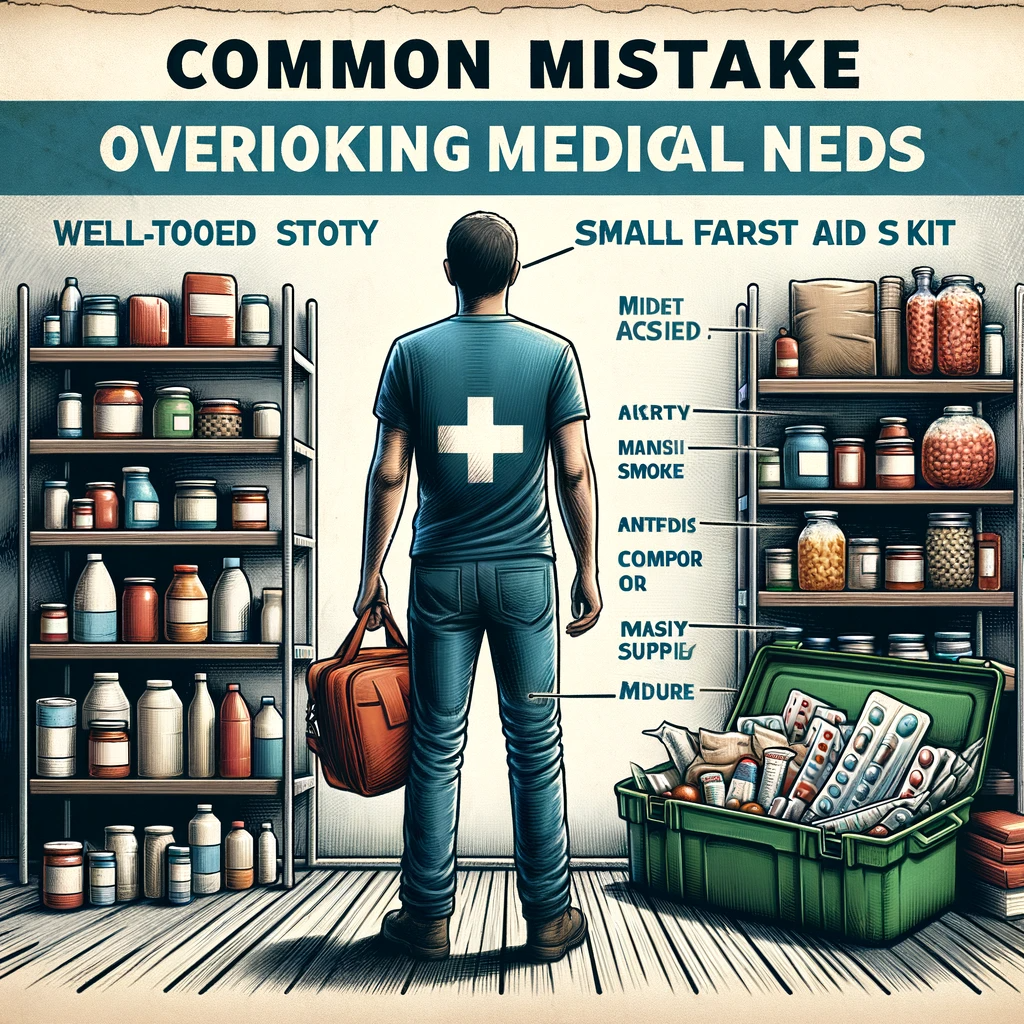
Medical Preparedness Misjudgment A well-stocked first-aid kit and knowledge of basic medical care are essential. Don’t overlook prescription medications and supplies for chronic conditions.
Mistake 5: Ignoring Personal Hygiene and Sanitation
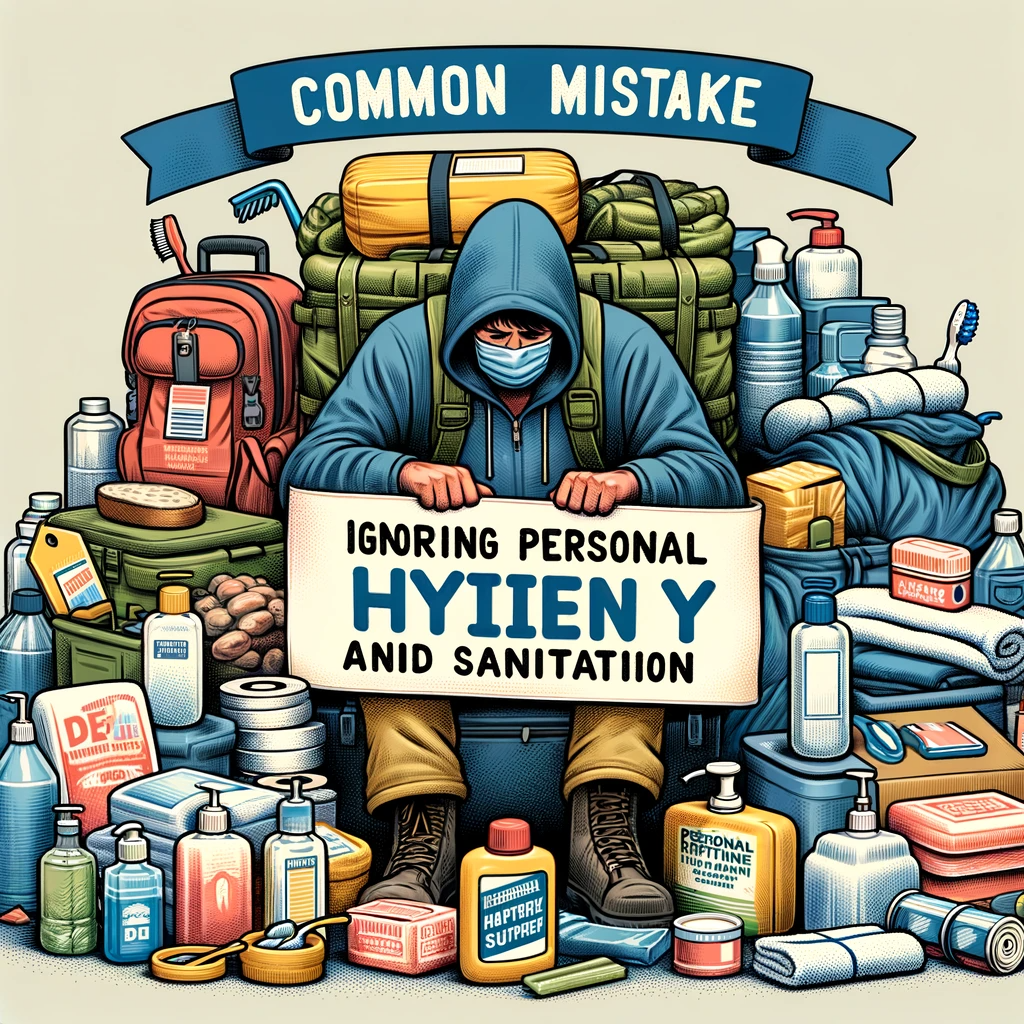
Sanitation and Hygiene: The Forgotten Essentials In a prolonged crisis, maintaining hygiene and sanitation is crucial to prevent illness. Stock up on personal hygiene items and learn about waste disposal methods.
Mistake 6: Lack of Skill Development
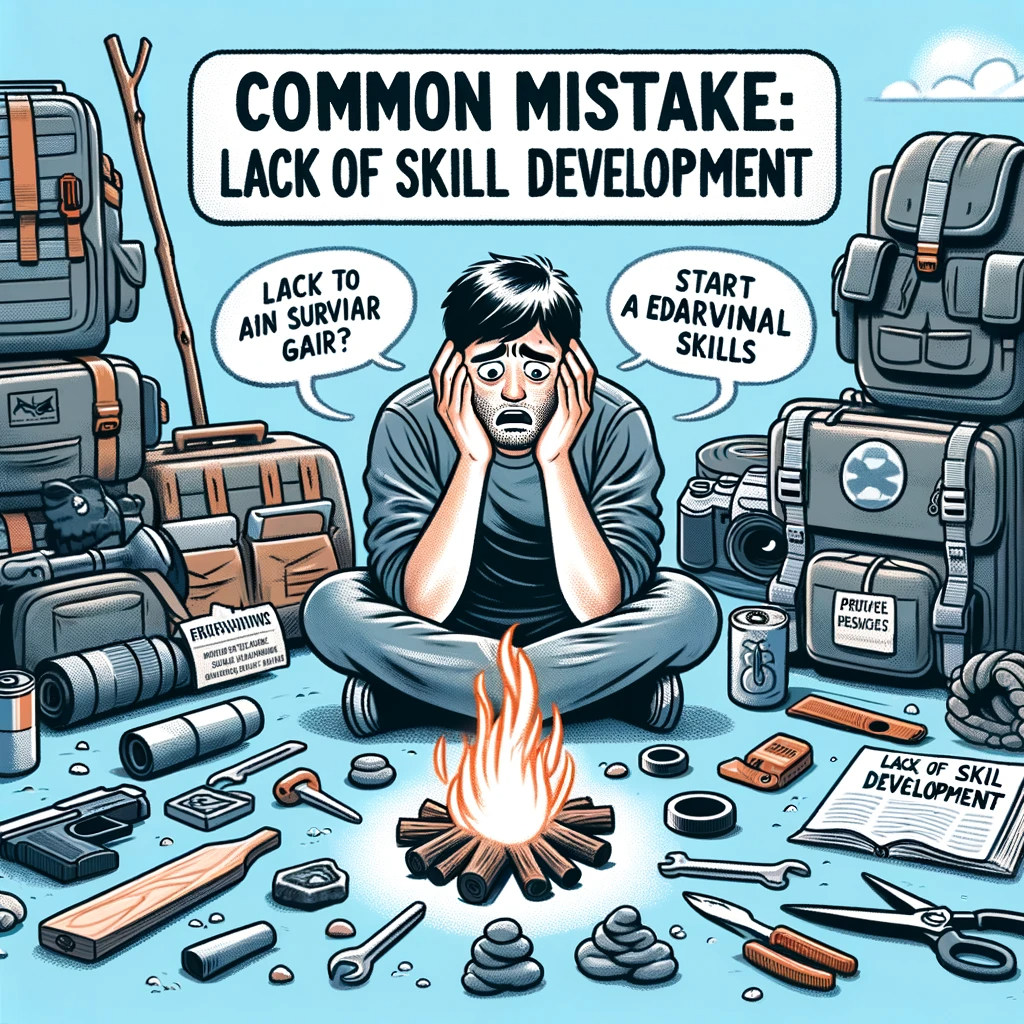
The Skill Gap Prepping isn’t just about what you have; it’s also about what you know. Develop skills like gardening, basic repairs, and survival techniques.
Mistake 7: Mismanaging Financial Resources

Financial Resource Mismanagement Be smart with your finances. Don’t overspend on prepping supplies at the expense of your current financial stability.
Mistake 8: Overlooking Local Risks and Geography
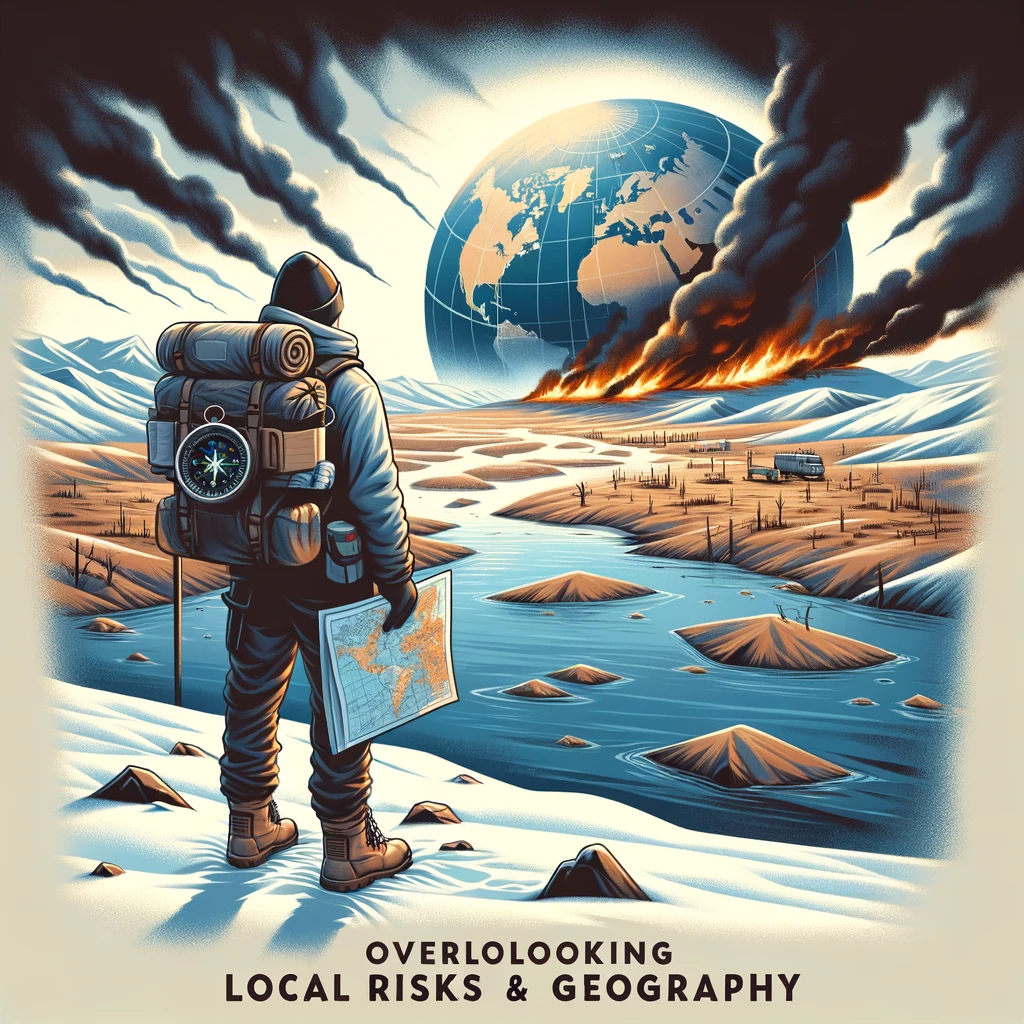
Ignoring Local Risks Understand the specific risks in your area. Are you in a flood zone, earthquake-prone area, or near a nuclear plant? Plan accordingly.
Mistake 9: Neglecting Security and Self-Defense

Security Oversight Security is a key aspect of prepping. Learn self-defense techniques and consider home security measures.
Mistake 10: Inadequate Communication Plans
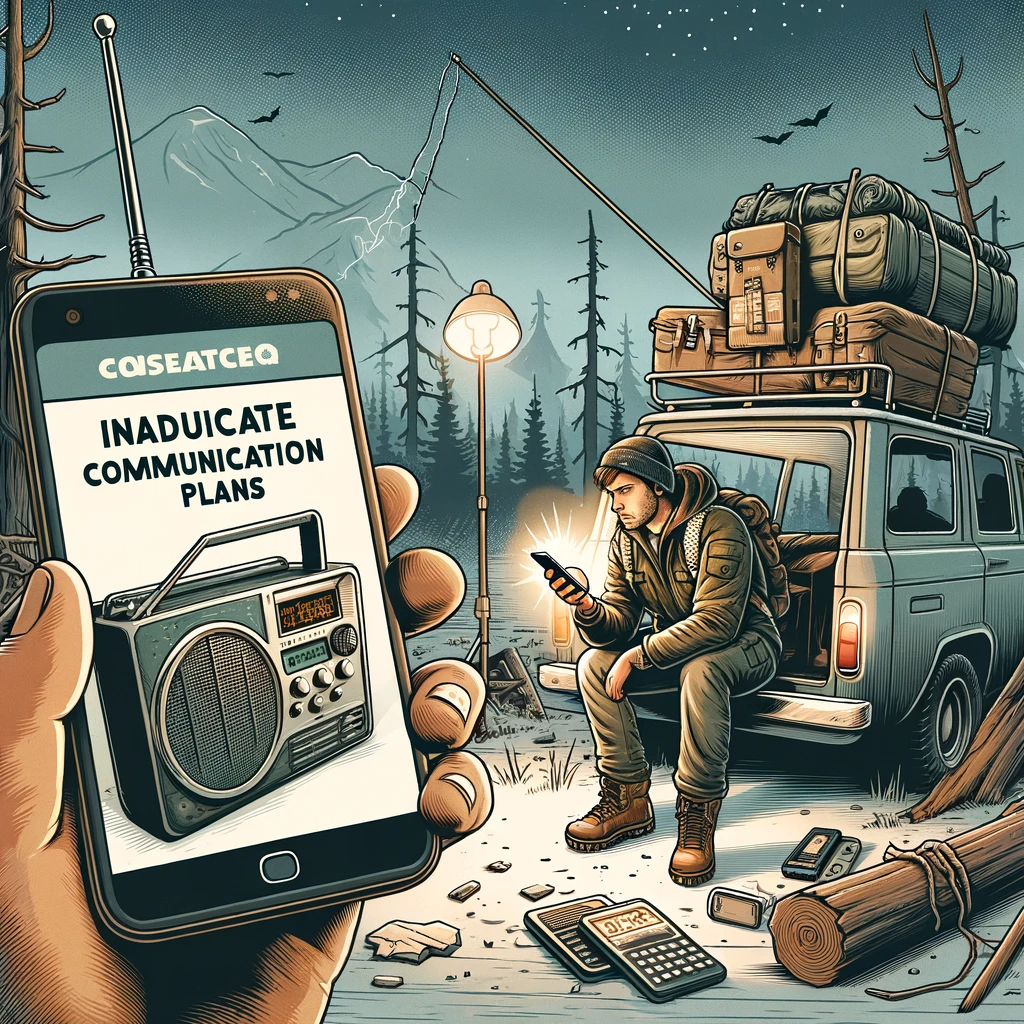
Communication Breakdown In an emergency, communication can be vital. Have a plan for staying in touch with family and loved ones.
Mistake 11: Poor Organizational Strategies
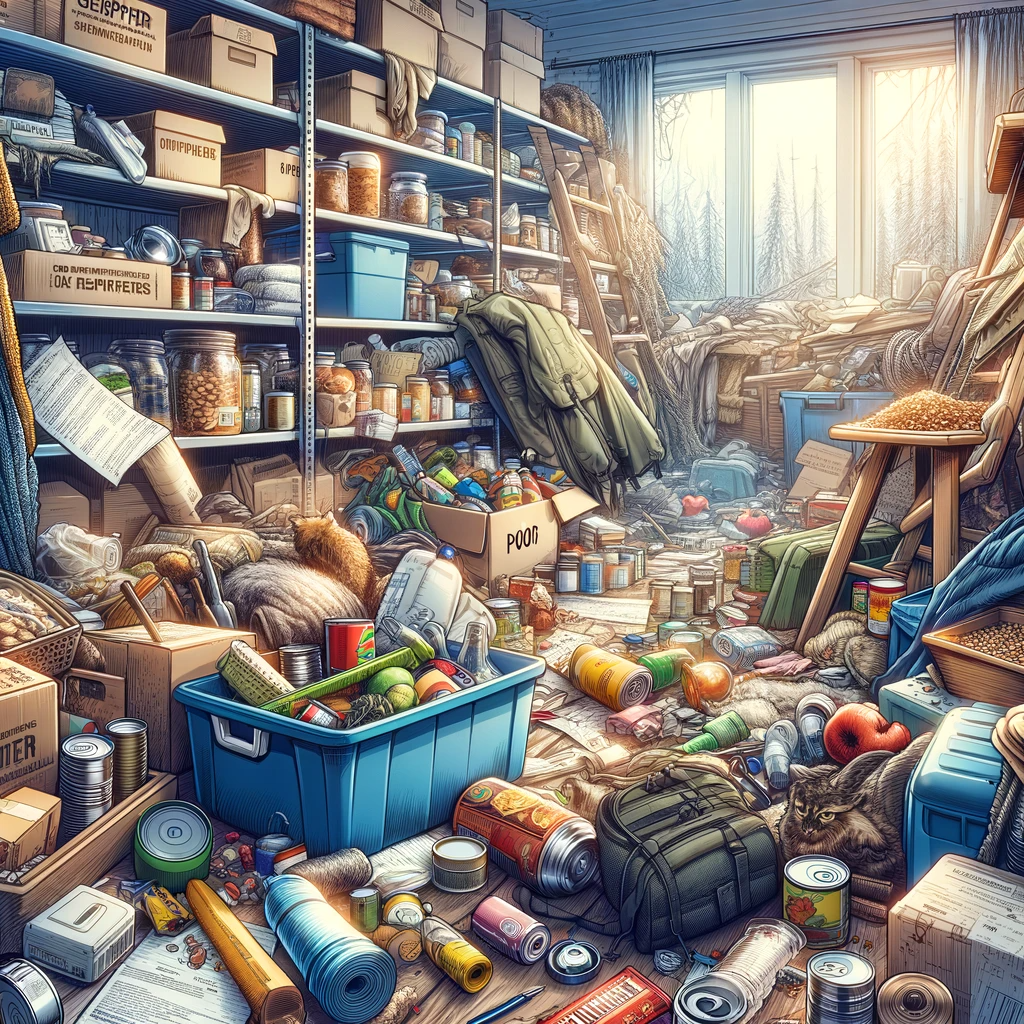
Organizational Pitfalls Organize your supplies effectively. Know where everything is and ensure easy access when needed.
Mistake 12: Not Regularly Updating and Rotating Supplies
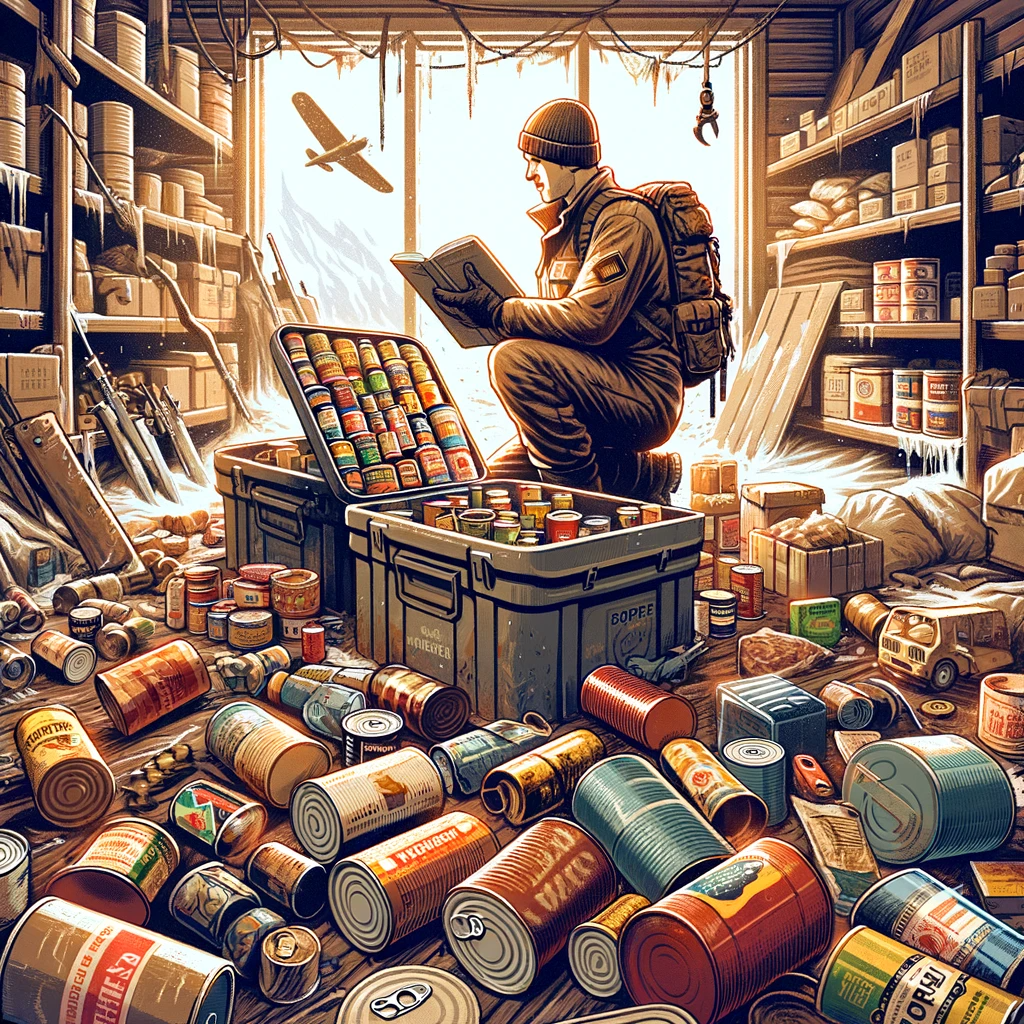
Failing to Update Supplies Regularly check and rotate your supplies. Expired or unusable items are of no use in a crisis.
Mistake 13: Relying Too Heavily on Technology
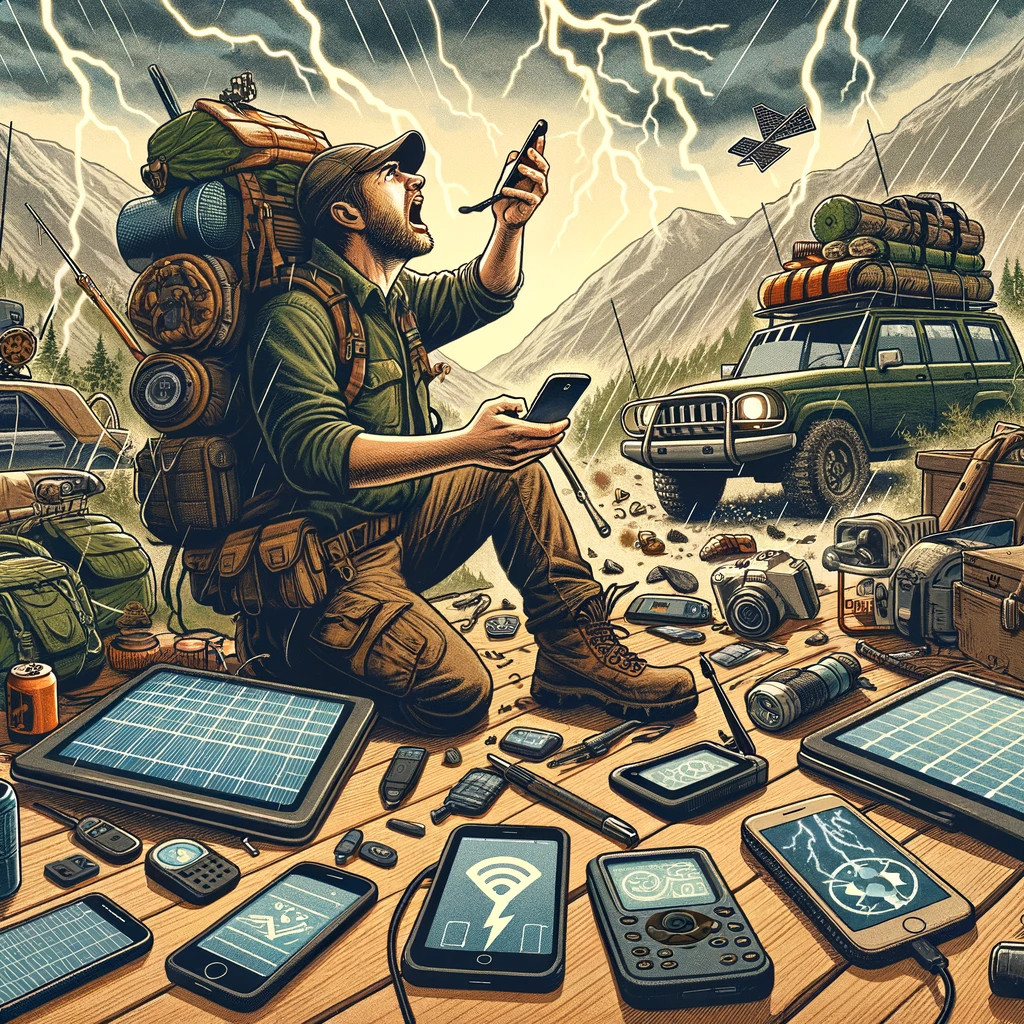
The Technology Trap In a world of high-tech gadgets, don’t forget the basics. Learn how to manage without electricity and electronic devices.
Mistake 14: Forgetting Mental and Emotional Preparedness
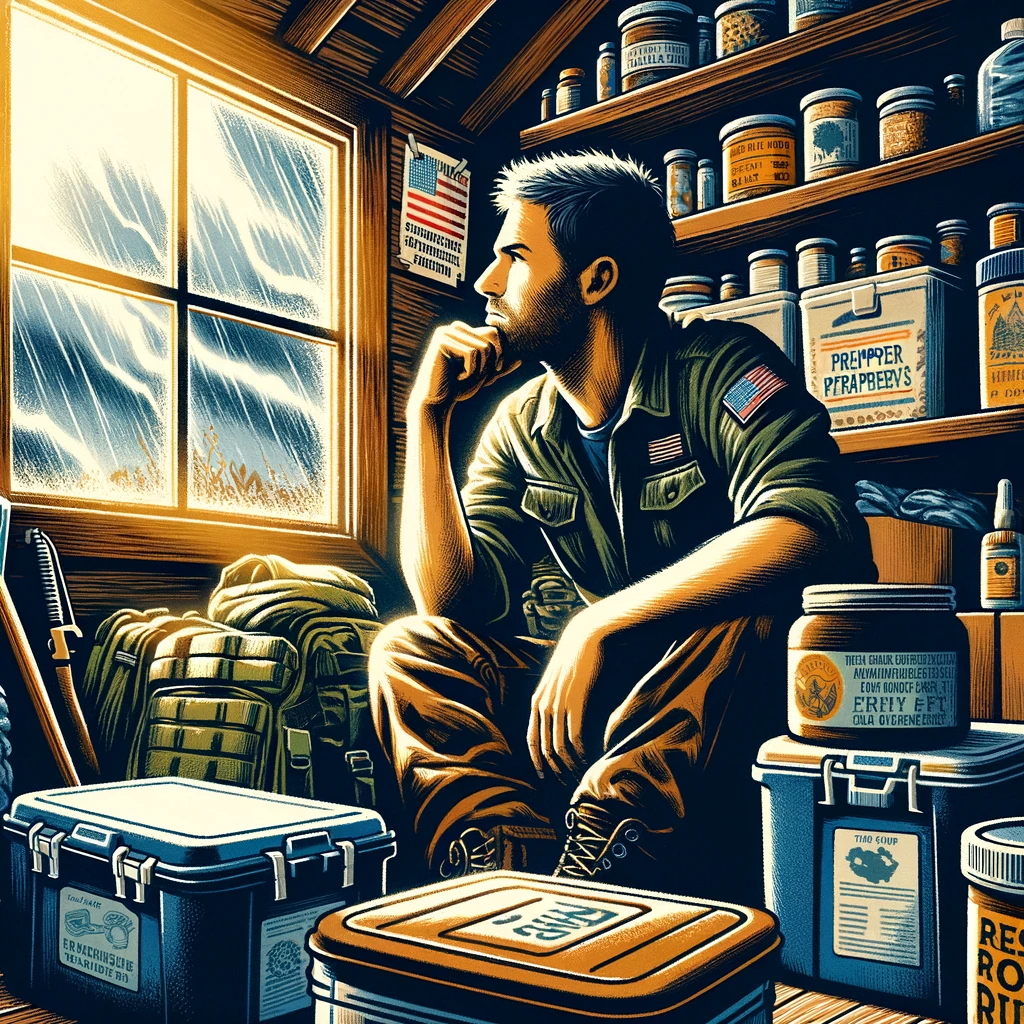
Neglecting Mental Health Prepping also involves mental and emotional readiness. Develop coping strategies and stress management techniques.
Mistake 15: Not Involving Family in Prepping Plans

The Family Factor Involve your family in your prepping plans. Everyone should be aware and know what to do in an emergency.
Conclusion: Cultivating a Balanced Prepping Mindset
A smart prepper avoids these mistakes by staying informed, prepared, and adaptable. Remember, the goal of prepping is not just to survive, but to thrive in any situation.
FAQs: Addressing Common Prepping Queries
- How much water should I store per person per day? Ideally, store at least one gallon per person per day for drinking and sanitation.
- What are some essential skills for preppers? Gardening, first aid, basic repair skills, and survival techniques are crucial.
- How often should I rotate my food supplies? Check and rotate supplies every six months to a year, depending on shelf life.
- What’s the best way to learn about local risks? Consult local authorities, emergency services, and community resources for information.
- How can I involve my family in prepping? Have regular discussions, practice drills, and ensure everyone knows the emergency plan.
Related links:
- A study titled “Family emergency preparedness plans in severe tornadoes,” published in the American Journal of Preventive Medicine. This study explores the association between family emergency preparedness planning and protective behaviors in the context of tornadoes. It focuses on the predictors for taking shelter during tornadoes and investigates the impact of having a family emergency preparedness plan on the likelihood of taking shelter upon receiving tornado warnings.
- Another relevant study is “Effectiveness of Household Emergency Plans in Violent Tornadoes,” which examines factors associated with the effectiveness of pre-existing household emergency plans during violent tornadoes, specifically focusing on whether discussing these plans with family members helps increase their effectiveness. This research provides empirical evidence on the importance of encouraging family involvement in making household emergency plans, particularly in areas less prepared for disasters
